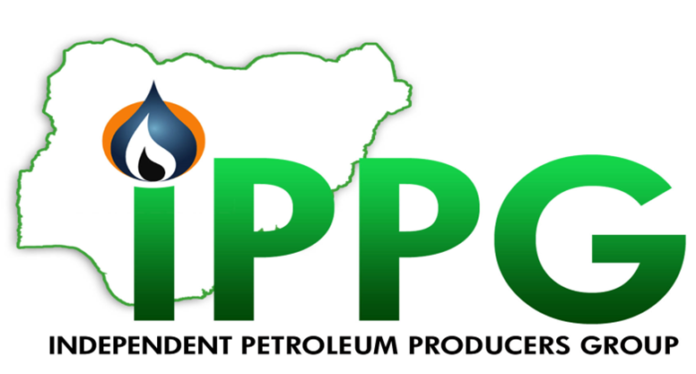Nigeria should not import crude oil, says IPPG
CHIGOZIE AMADI
Nigeria should not be importing crude oil to meet domestic refinery feedstock needs, says the Independent Petroleum Producers Group (IPPG).
Its Chairman, Mr Abdulrazaq Isa, said this at the Crude Oil Refinery Owners Association of Nigeria (CORAN) Summit in Lagos.
The Summit has the theme, “Making Nigeria a Net Exporter of Petroleum Products.”
Isa emphasised the importance of addressing under-investment and unlocking additional crude oil and gas production to secure Nigeria’s energy future.
He, therefore, urged the government to expedite all pending divestment transactions involving International Oil Companies (IOCs) to maximise national benefits.
Isa, who is also the Chief Eexutive Officer of Waltersmith Petroman Oil Ltd., called for enhanced security across the Niger Delta to foster a stable operating environment, reduce asset vandalism and curb unrest.
He highlighted the need to upgrade and expand the industry’s infrastructure to improve efficiency and ensure reliable product supply to both domestic and export markets.
“Addressing these issues could unlock an incremental production of 500,000 barrels of oil per day and 1.5 MMscf of gas daily in the short to medium term,” he stated.
Isa stressed that the country’s domestic crude oil refining and petrochemical capacity must be sustained through local production.
This, he noted, would help to transform the country into a net exporter of refined products, supporting industrialisation and enhancing foreign exchange earnings.
The IPPG chairman explained that Nigeria’s emergence as a net exporter would require collaboration among industry stakeholders, including policymakers, regulators and Exploration and Production (E&P) and refinery operators.
He added that the rapidly evolving global energy landscape necessitated Nigeria positioning itself to take advantage of new opportunities.
“Today’s summit is a pivotal step towards developing strategies that ensure our refining sector is competitive and resilient,” he added.
Isa noted that IPPG members play a vital role in achieving Nigeria’s refining ambitions and committed to fostering industry growth.
He underscored the importance of implementing the Domestic Crude Oil Supply Obligation (DCSO) to ensure reliable feedstock availability for domestic refineries on a willing seller, willing buyer basis, in compliance with the Petroleum Industry Act (PIA).
In his remarks, Mr Farouk Ahmed, Authority Chief Executive of the Nigerian Midstream and Downstream Petroleum Regulatory Authority (NMDPRA), urged the association to collaborate with the government for a sustainable future.
According to him, the collaboration will also help to position Nigeria as a leader in the global energy market.
Represented by Mr Francis Ogaree, Executive Director of Hydrocarbon Processing Plants, Installations, Transportation and infrastructure, NMDPRA, acknowledged the importance of private sector investment in developing and expanding the industry.
He stressed that NMDPRA favours a collaborative approach over punitive enforcement regarding the Petroleum Industry Act (PIA).
“NMDPRA envisions a transparent, competitive downstream market that attracts investment, as outlined in Section 32 of the PIA,” he stated.
He highlighted efforts to reduce fees for licenses and permits to foster a more accessible investment environment.
He said that the authority would continue to encourage Public-Private Partnerships (PPP) to build refining capacity and de-risk projects while ensuring compliance with operational and environmental standards.
“Streamlining licensing and approvals will reduce bureaucratic delays and provide a conducive legal framework for private investment,” he added.
Ahmed emphasised the need for private refiners to engage in Corporate Social Responsibility (CSR) initiatives, particularly in communities where refineries are located, ensuring local benefits like job creation and development.
He said that NMDPRA had taken significant steps to simplify regulatory processes and engage with stakeholders to maintain an attractive downstream market.
“By fostering collaboration, NMDPRA aims to address investor concerns and create a favorable investment climate.
He supported market liberalisation, including the removal of subsidies and price controls, to create a competitive pricing environment where private operators can thrive.

























